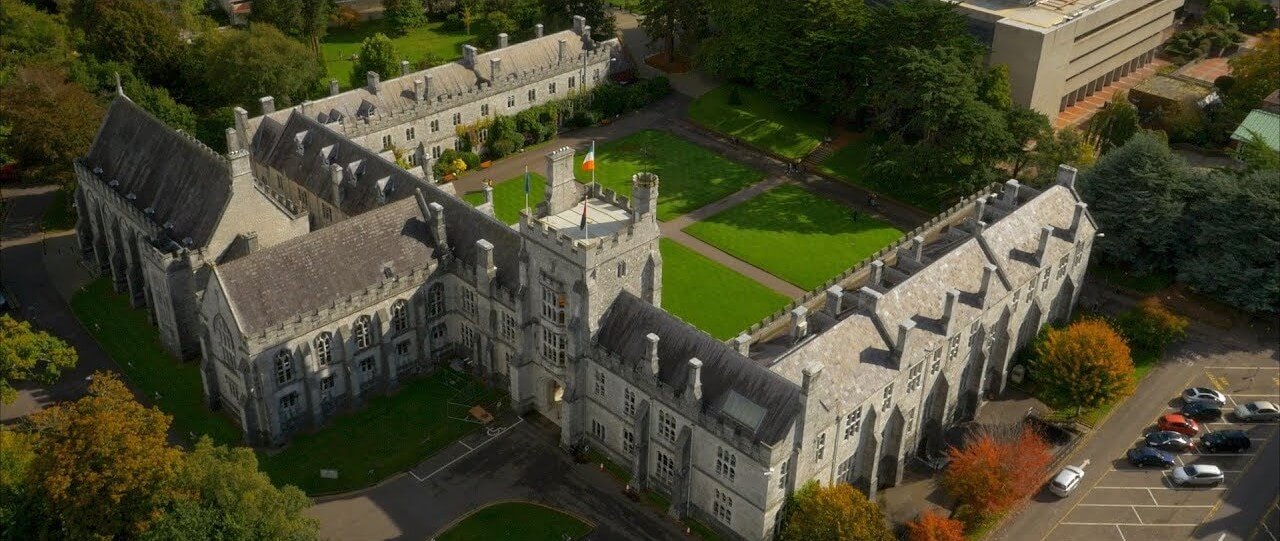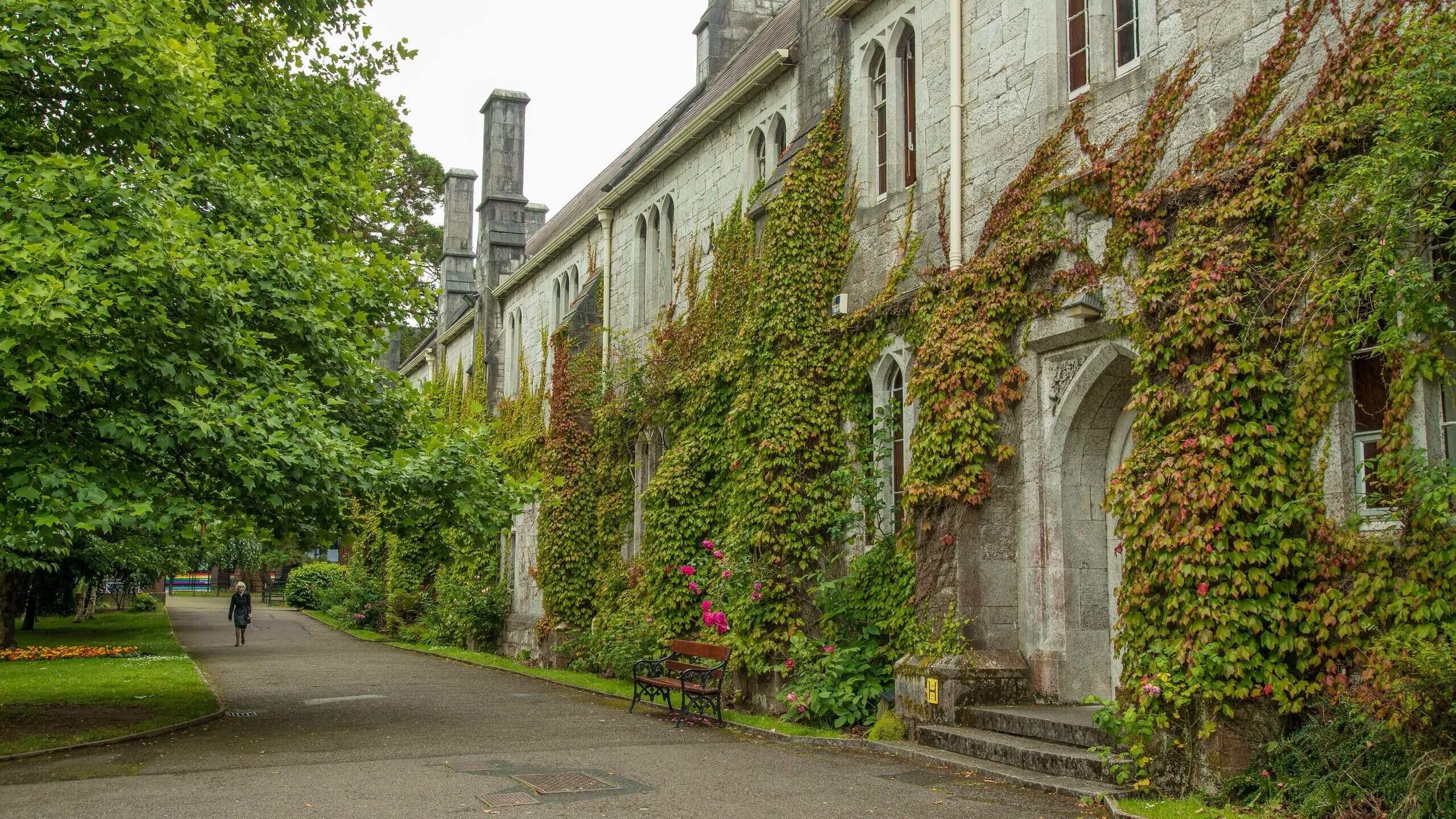Have a solid background in the theory behind bioinformatics methods and tools so that they can critically evaluate research in bioinformatics;
Use existing bioinformatics methods and tools and rapidly learn to apply new methods and tools;
Organise and analyse large data sets generated by genomics and systems biology approaches;
Understand the role of modelling and simulation of biological systems;
Have a deep knowledge of the aspect of bioinformatics in which they carried out their three-month research project. This experience will prepare them for a future research career in the bioinformatics field.
Staff on this programme include programme coordinator Dr Marcus Cleeson, from the School of Microbiology, and associated staff from the Schools of Mathematics, Applied Mathematics & Statistics, Biochemistry & Cell Biology and the Department of Computer Science.
Why Choose This Course
Working in the field of bioinformatics is both a challenging and satisfying job, which often involves problem-solving, programming, statistical analyses of large data sets and mathematical modelling of biological phenomena. It is possible for a bioinformatician to work on many different biological questions and types of data sets, making this an interesting and exciting field to work in.
A bioinformatician’s day-to-day work can involve studying many different fascinating and important biological questions, such as:
What are the genetic differences between the DNA of humans and chimpanzees?
How many genes are there in the human genome, and can we identify them all?
What differences exist in the DNA of different people, and how does that affect their health, appearance & behaviour?
Is it possible to create a computer program to analyse the DNA sequences of 1000 different individual humans, and to reconstruct their genetic history? (see The International Genome Sample Resource.)
What are the differences between cancer cells and healthy cells?
How do new drug-resistant strains of malaria evolve from existing strains, and can we predict what strains will emerge in the future?
What bacteria are present in different environments, such as different parts of the human body in people of different ages, populations, and health?
How are different animal groups (e.g. humans, flies, jellyfish, earthworms, etc.) related to each other, and when and where did they evolve from a common ancestor?
And so on!
Show less 

